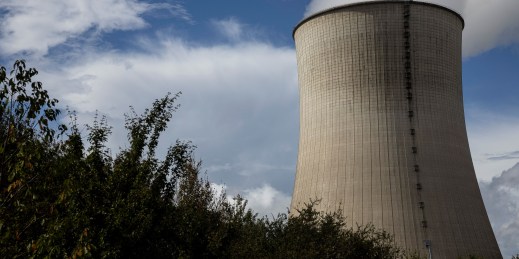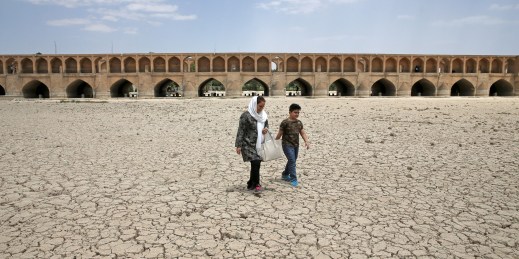
The music industry’s intangible and less-noticed tangible contributions to the climate crisis—like the emissions used by streaming services and the environmental impact of touring—as well as the obstacles that hinder the mitigation of those contributions exemplify the issues faced by nearly every industry around the world.





